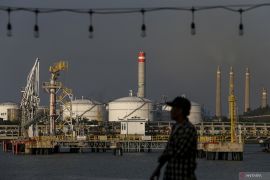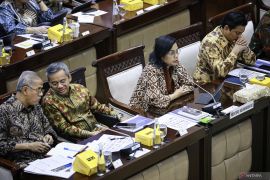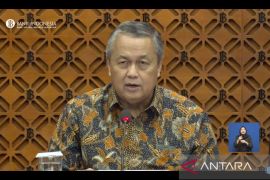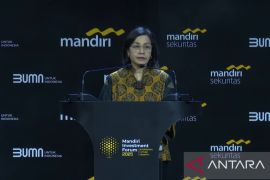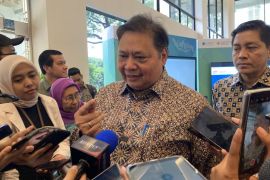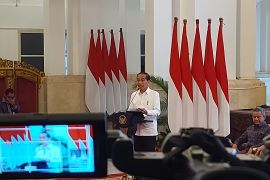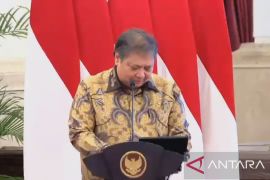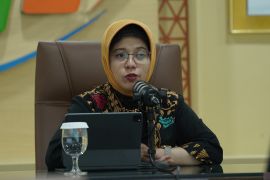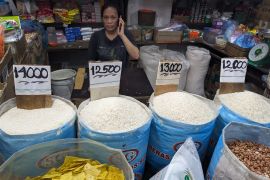The inflation was caused mainly by an increase in the subsidized tariff of electricity for 900 VA consumers and rise in the administration cost of motor vehicle license (STNK).
"It is a bit high as a result of the adjustment of the tariff for 900VA electricity and the administration costs for STNK, driving license and certificate of motor vehicle ownership (BPKB)," Executive Director of Economic and Monetary Policy of the Central Bank Juda Agung here on Friday.
Juda said the increase in the administration costs of STNK, SIM, and BPKB contributes around 0.24 percentage point, and the rise in electricity tariff contributes 0.1 percentage point to the Januarys inflation.
Administered prices such as electricity tariff, and gas price are estimated to be the largest contributors to the countrys inflation in January and the rest of the year. There is also potency of an increase in the oil fuel prices to follow the rise in the global oil prices .
Based on the study by the central bank, the worlds oil price in 2017 will average US$47 per barrel, up from US$45 per barrel by the end of 2016, Juda said.
To forestall the impact of the administered prices, Bank Indonesia and the government will focus more on preventing the prices of volatile goods (foods) from rising by more than 4-5 percent than in 2016 when the prices rose 5.9 percent.
The Central Bank is set to keep the countrys inflation in the range of 3-5 percent after a 3.02 percent inflation recorded in 2016 year on year .(*)
Editor: Heru Purwanto
Copyright © ANTARA 2017
